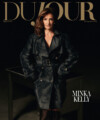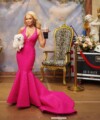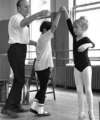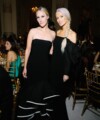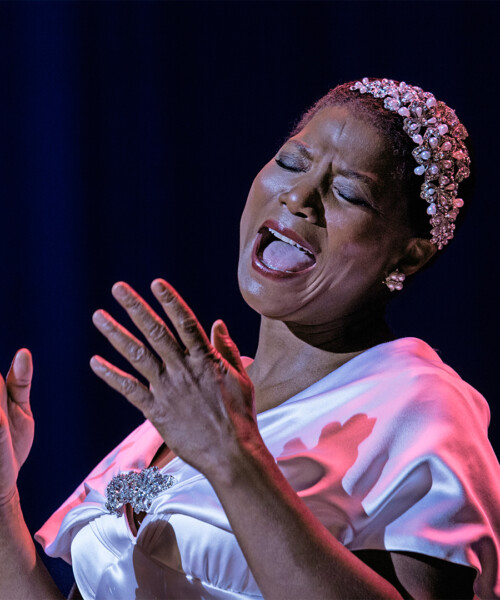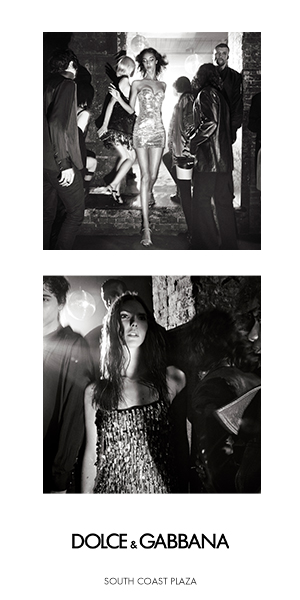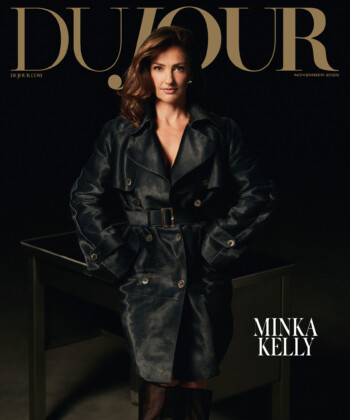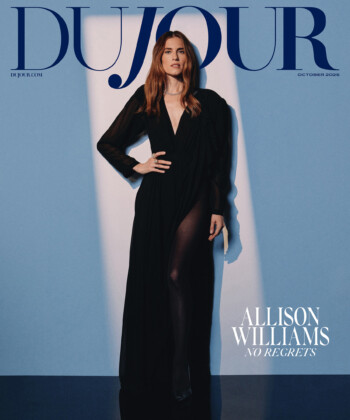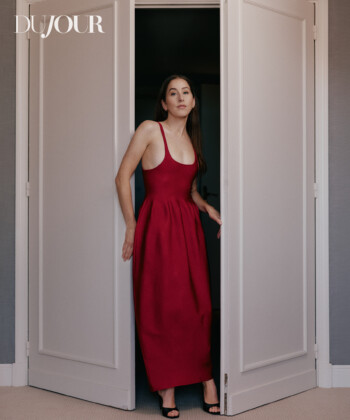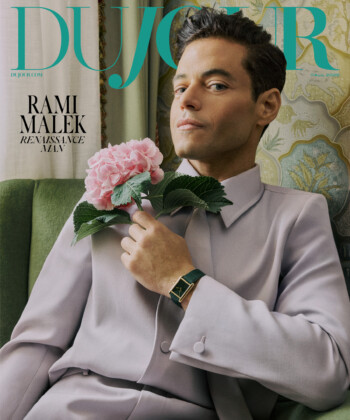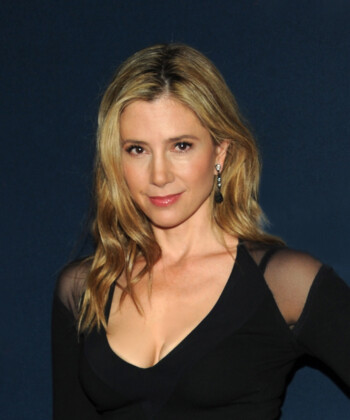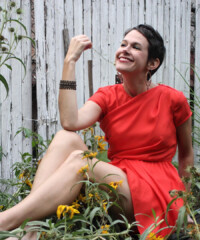Bessie Smith made her name in the 1920s by singing the blues and living them just as loudly. In a new HBO biopic, Queen Latifah—both star and executive producer—tackles Smith’s trailblazing career and tumultuous personal life with a confident performance she says has been more than two decades in the making. Here, Emmy- and Oscar- nominated actress and hip-hop legend discusses taking on her most daring role yet.
This isn’t the first time that a Bessie Smith project has come your way.
No, this project came to me 22 years ago. It didn’t come together at the time, but it’s a project I’ve always loved, so I stayed connected to it. It’s gone through various incarnations—there’s so much to tell about Bessie’s life—but I always wanted to make it happen.
What made now the right time?
I had a small window of opportunity last summer, and as much as I needed a vacation, I felt like I needed to do this movie. This story needed to be told and I didn’t want to get to a point where I couldn’t tell it.
Bessie didn’t have an easy life and this can’t have been an easy role. Why play her yourself?
It’s a good thing that it didn’t happen at first, because now I have more life experience. I felt like I could relate to the vulnerability, the loneliness, the power, the ostentatiousness, having something and losing it, and then having it again. Not to mention the singing, and all of the good stuff.
There’s also nudity, violence and bisexual love scenes. How did it feel to take those things on?
If you take a role like this, you’ve got to have the balls to pull it off. It felt freeing in certain ways, but I also felt trapped. There’s an underlying classist, sexist, racist tone to everything she experiences, because that’s what life was like back then. It made me respect Bessie and the people who helped her even more.
What’s the greatest lesson you learned from playing Bessie?
I had to release the parts of me that allowed this character to come to life; everything became about Bessie, it wasn’t about Queen Latifah. This is not [me] the daughter or sister or aunt, this is not Latifah the executive—this is Bessie. I had to be her.







